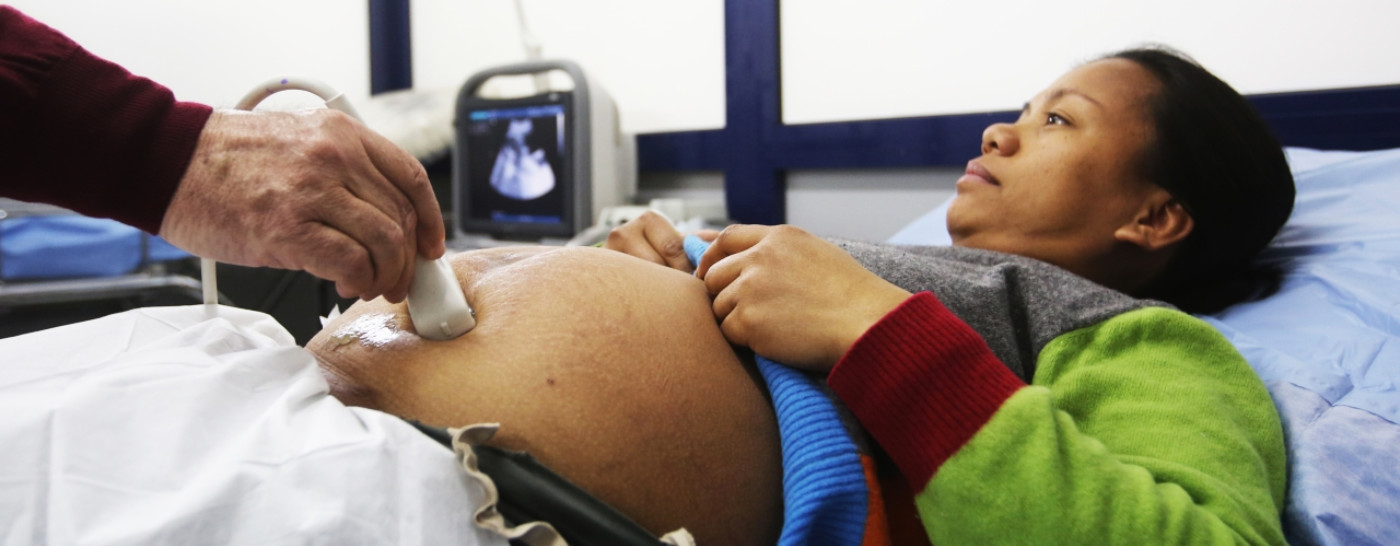Doctors of the World promotes sexual and reproductive health rights across the world, particularly in places where access to family planning, contraception and abortion is restricted or non-existent, and where LGBTI communities are excluded from mainstream healthcare. We believe abortion is a fundamental right and an important foundation of gender equality.
We are also working to reduce infant and maternal mortality rates. Every day hundreds of women and their babies die due to complications of pregnancy and childbirth. Most could have been prevented.
We work with local organisations and experts to find sustainable solutions to these problems, and design interventions that overcome barriers to sexual health services, which often involves direct political and legal action. It’s not always easy, especially in countries like Pakistan, where family planning is viewed with suspicion and abortion is largely illegal, or the Democratic Republic of the Congo, where girls and women have had their basic sexual and reproductive rights violated for so long that it’s become endemic. But we don’t shy away from these challenges and we’re prepared to do whatever it takes to make positive changes.
Nepal
Our work in Nepal is focused on restoring and maintaining health services as part of the continuing earthquake recovery response, but we are also empowering people to be responsible for their own care, particularly in terms of sexual and reproductive health. There is a lack of local family planning and obstetric care, so we’re training women’s cooperatives to recognise signs of problems in pregnancy, to refer women to appropriate specialist care, and to raise local awareness of gender-based violence and domestic abuse.
Uganda
We’re developing a project in Uganda focused on improving sexual healthcare for sex workers and the LGBTI community in Kampala and Mbarara. In Uganda, homosexuality is illegal and the resulting stigma means that LGBTI individuals are often excluded from mainstream services. HIV and AIDS prevalence is estimated to be up to 13 per cent among men who have sex with men, and 35 per cent among sex workers. We will deliver training to Ugandan healthcare professionals, in partnership with local organizations, to improve health outcomes among these communities.
UK
In the UK we run a special family clinic for pregnant women and children. A team of volunteer GPs, nurses and support workers help vulnerable pregnant refugees and migrants who are struggling to access healthcare or are too afraid to try, for fear of arrest or receiving huge bills. In 2015, 93 per cent of the pregnant women we saw had not received any antenatal care prior to attending our clinic, despite some being heavily pregnant.
